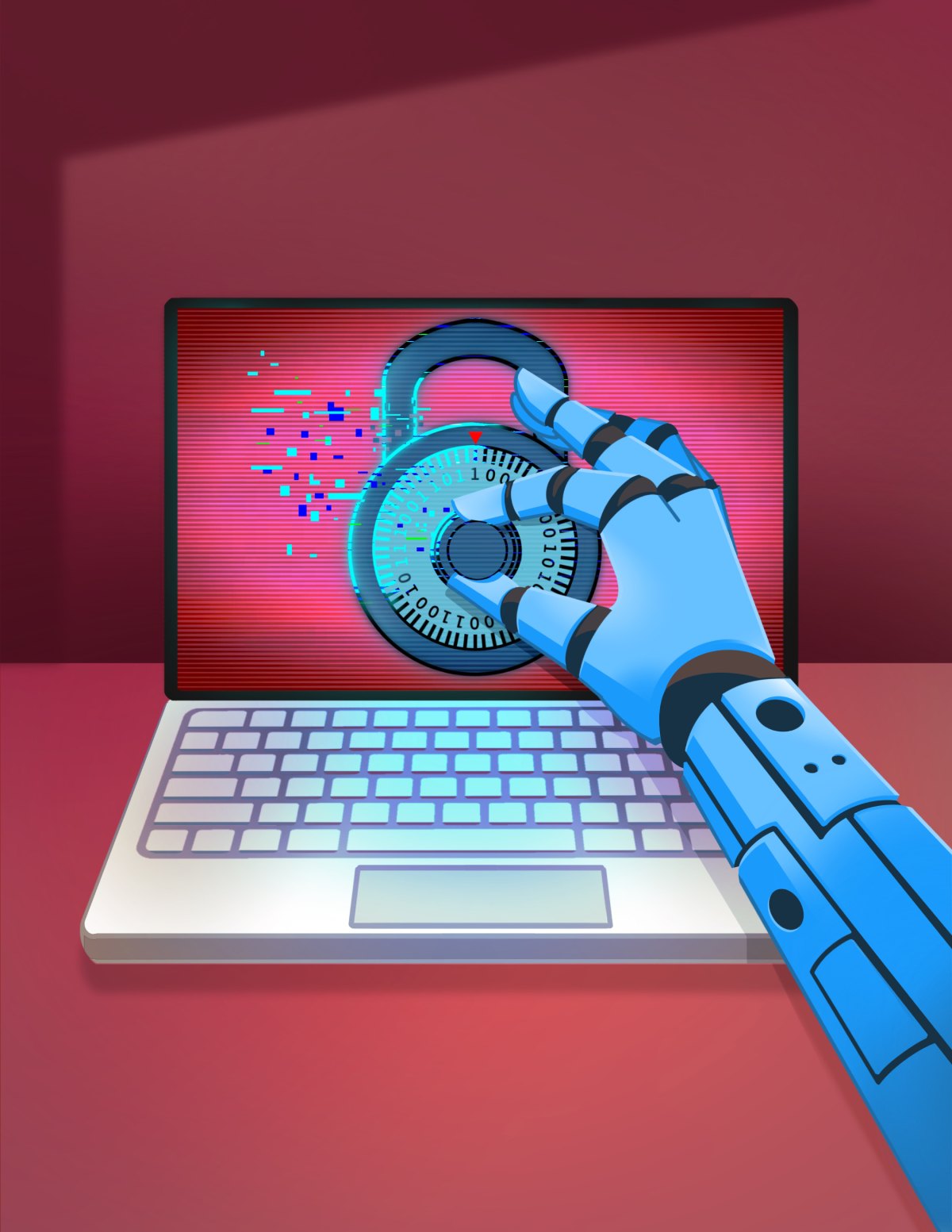
"Quantum comes down to size and efficiency. Current computers approach problems step by step, but quantum computers could theoretically use the principles of quantum mechanics to explore many possibilities simultaneously, tackling complex problems-like cracking an encryption-exponentially faster. Hackers know this. They've started preparing for it, collecting and stashing vast amounts of data to break the encryption when a quantum computer is available. It's called the "Harvest Now, Decrypt Later" attack. "Terrified . . . I'm totally terrified," says Brassard."
"But Brassard's is a peculiar kind of terror: a terror unavoidably entangled with validation. Because, in a sense, it's a future he prepared us for. Over forty years ago, he helped pioneer one of our best lines of defence against the post-quantum future: the BB84 protocol, an elegant and unassailably secure way to transfer encrypted data using quantum mechanics. "The protocol we invented back in '83 is mathematically proven to be unconditionally secure," says Brassard,"
Quantum computers could one day solve problems exponentially faster than classical computers, threatening widely used cryptographic codes and enabling retroactive decryption of collected data. Attackers are already harvesting encrypted traffic for later decryption once quantum capability exists. The resulting threat could expose emails, financial records, and medical data. A decades-old quantum key distribution method, BB84, provides an unconditionally secure way to transfer encrypted data under the assumptions of correct quantum theory and ideal implementation. That protocol offers a defensive path, but uncertainty about timing and practical deployment leaves current data vulnerable until quantum-safe measures are widely implemented.
Read at The Walrus
Unable to calculate read time
Collection
[
|
...
]